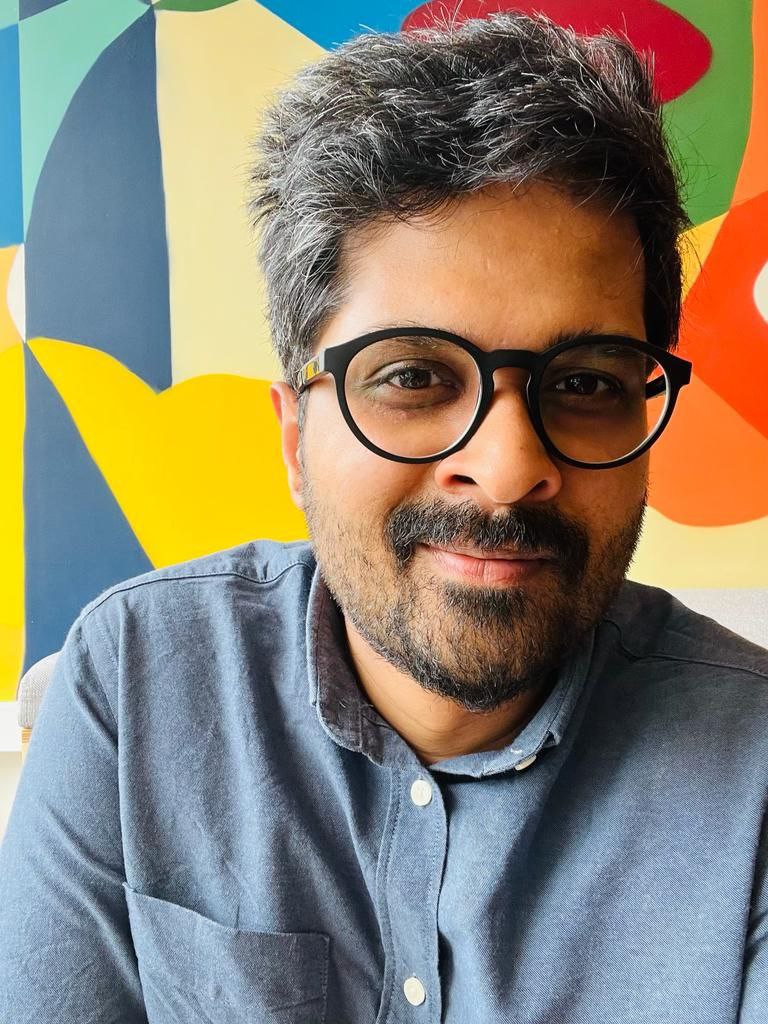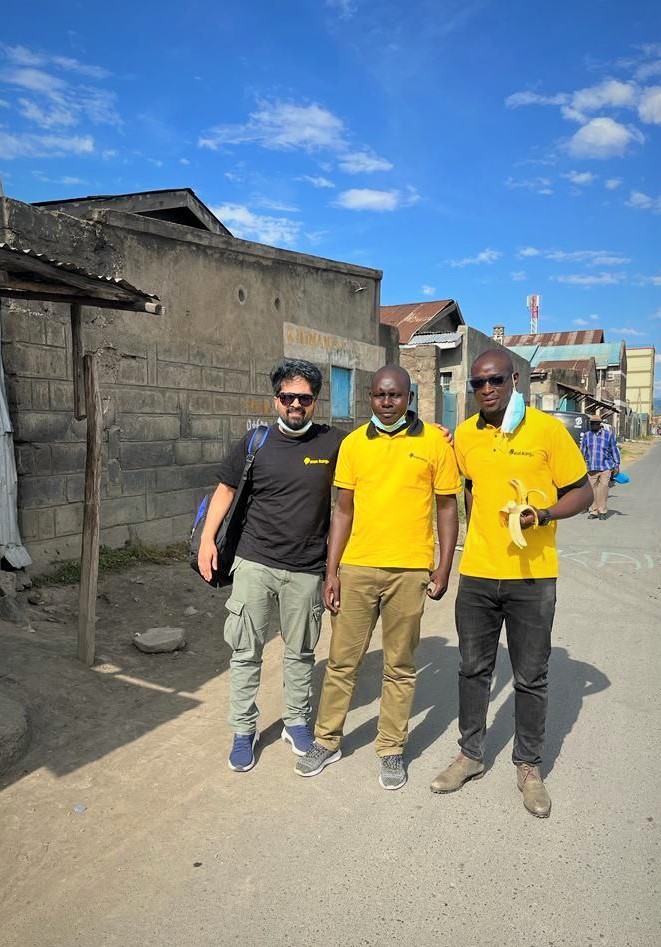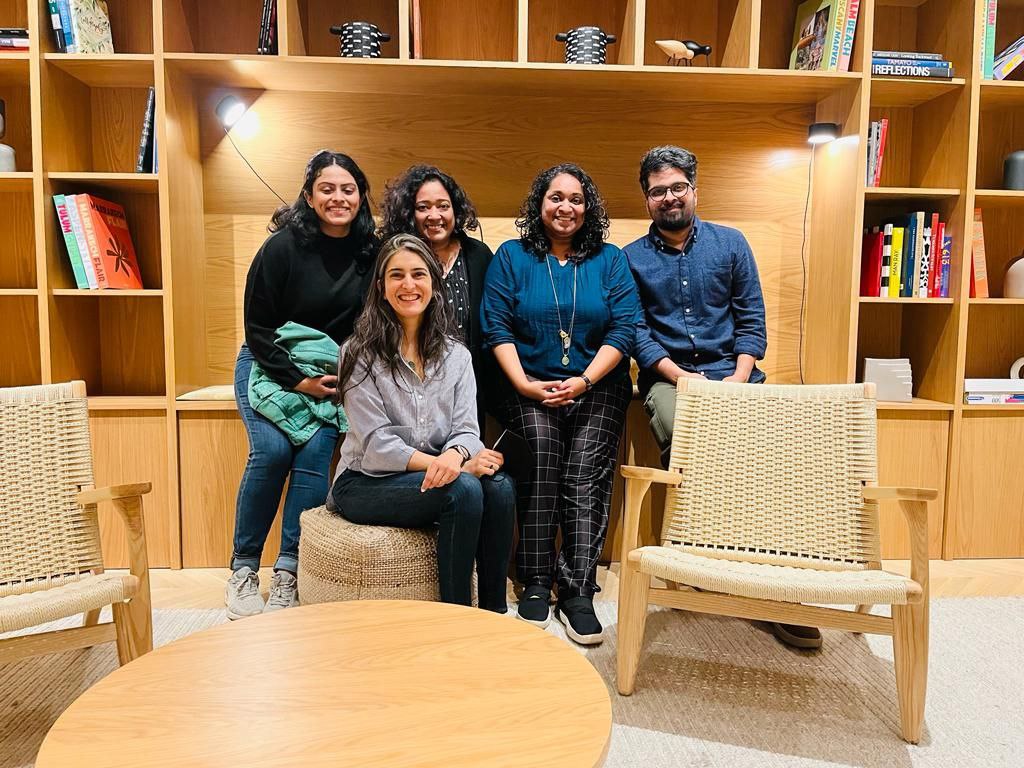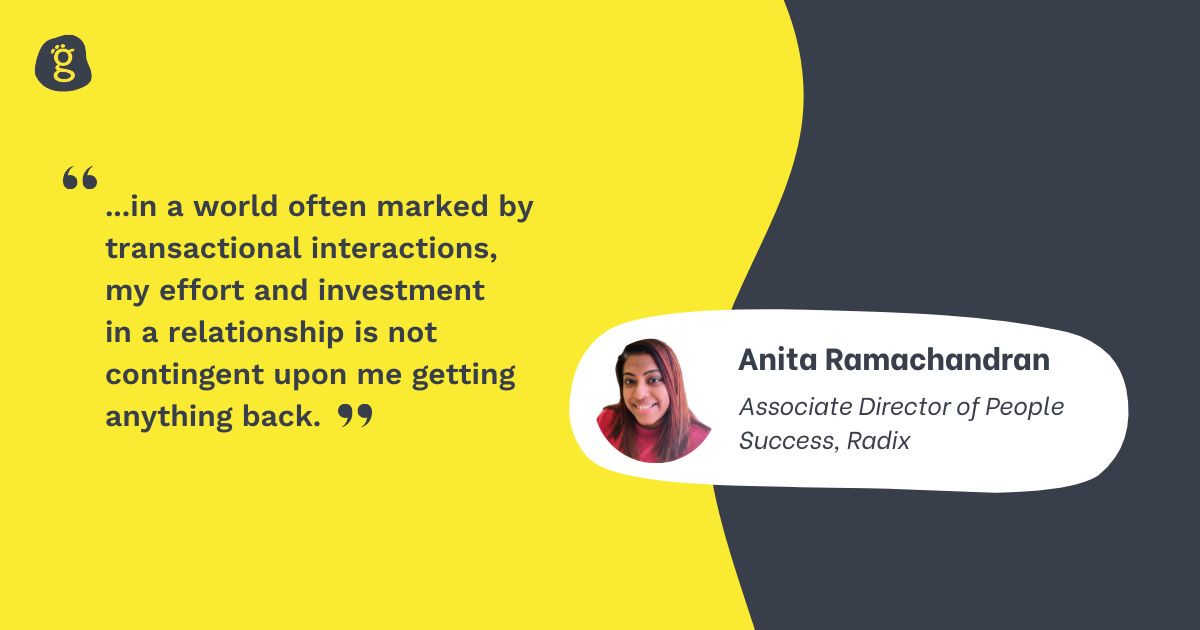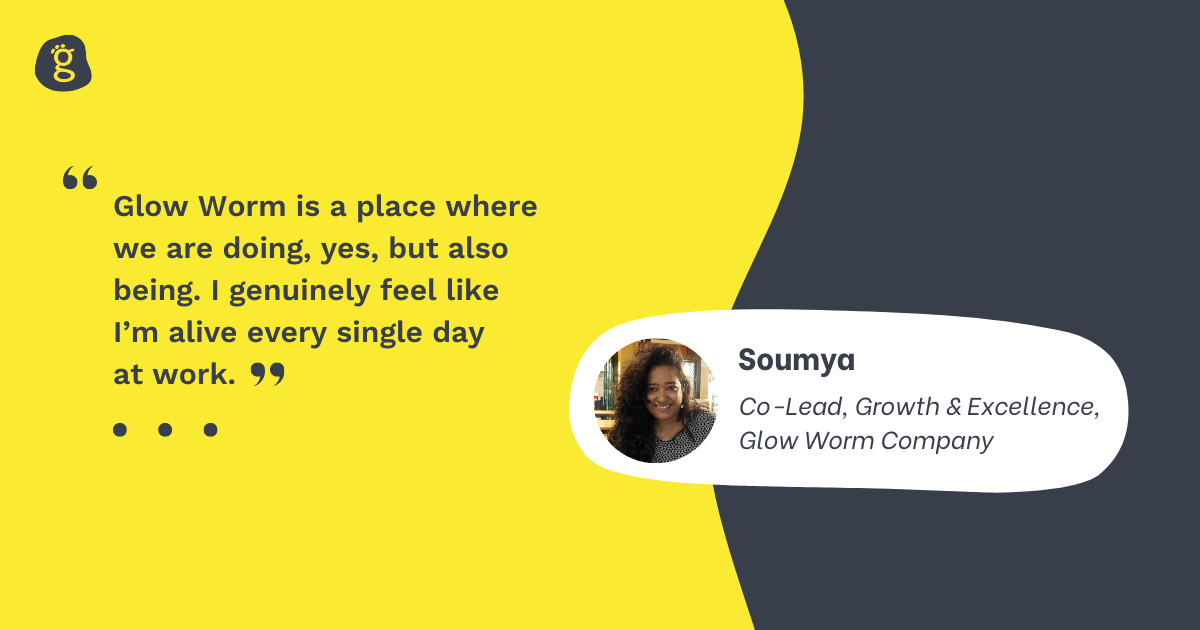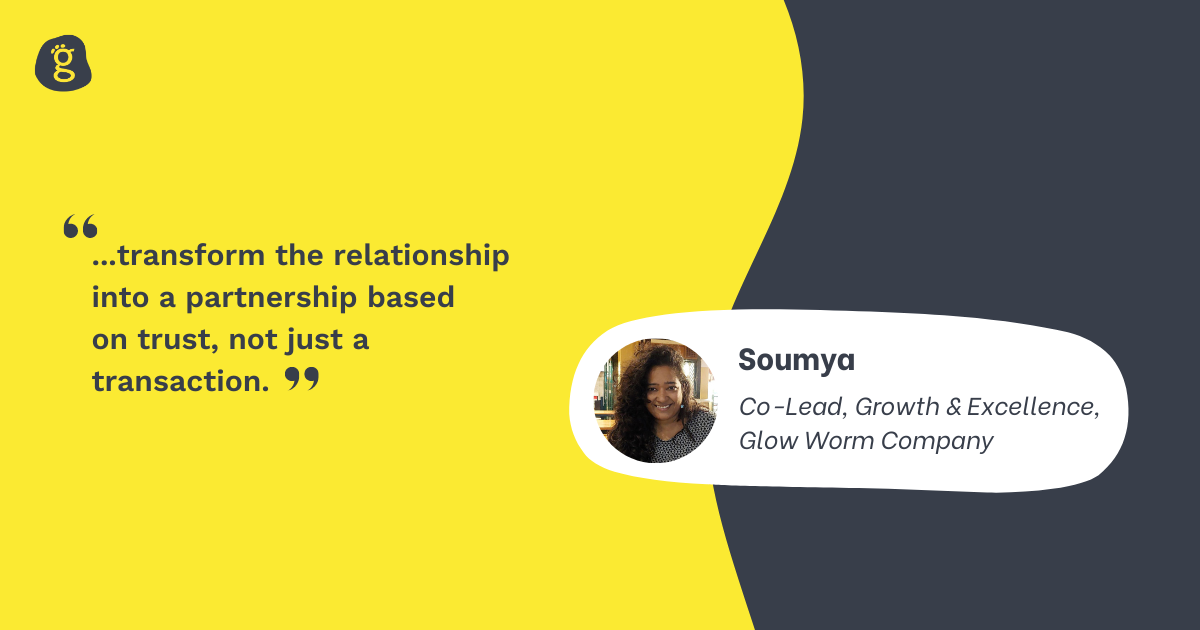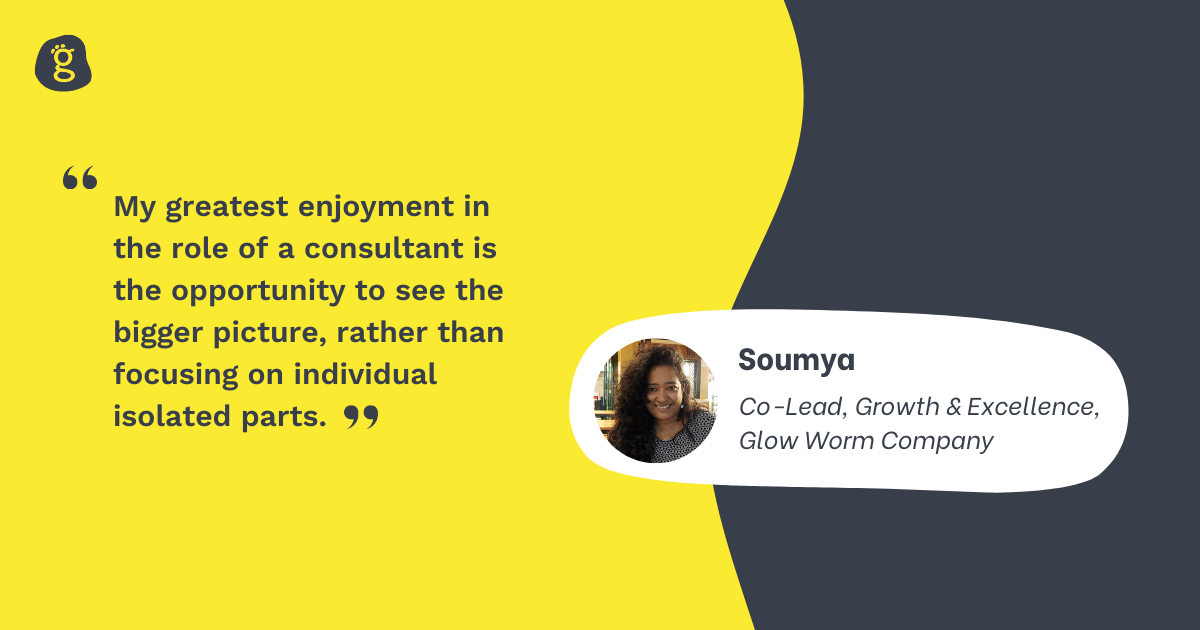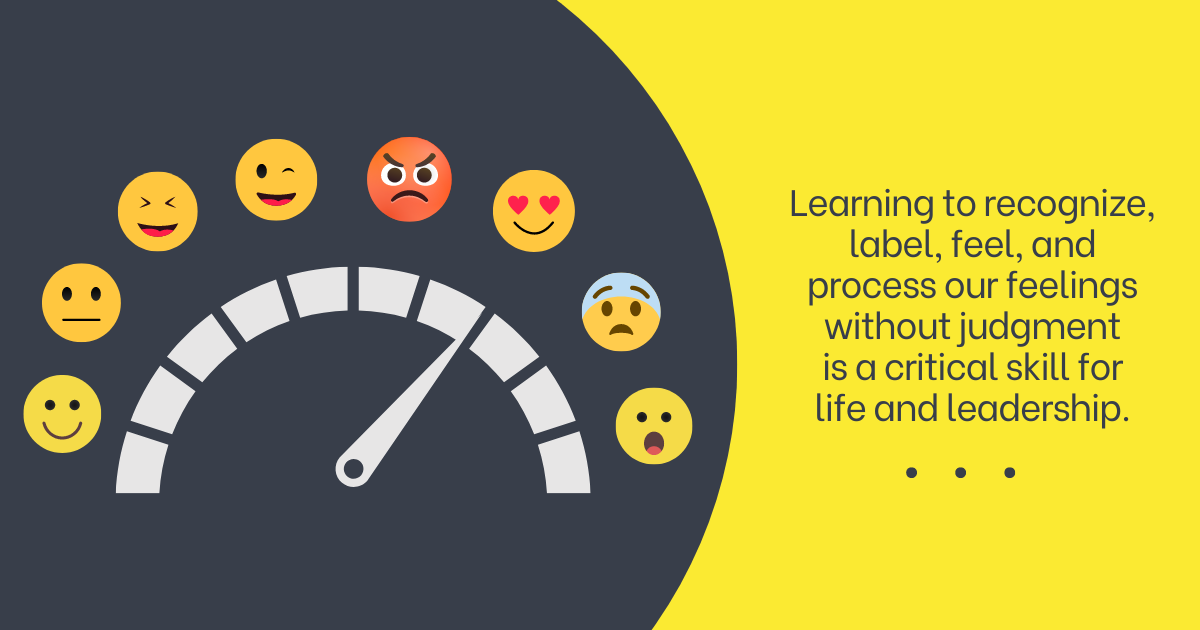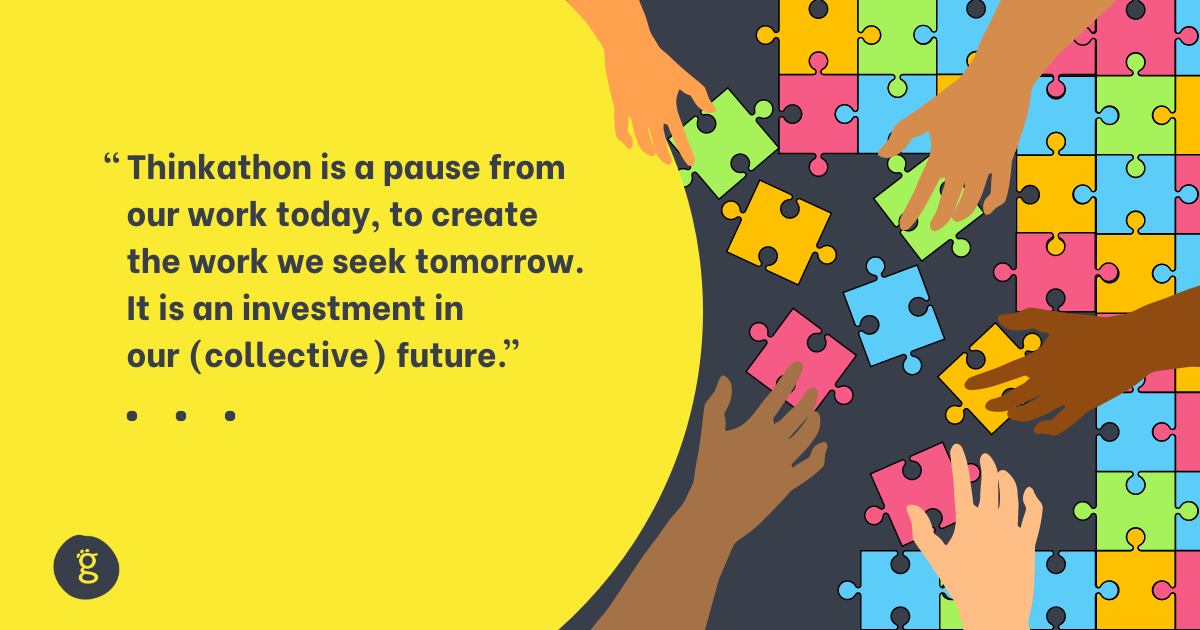Related Stories
Here are some more stories for you!
Exploring People-Centric Design: In Conversation with Anita Ramachandran
Exploring People-Centric Design: In Conversation with Anita Ramachandran Our storyteller, Komal Srivastava, sits down with Anita Ramachandran, Associate Director of People Success at Radix,…
Glow Worm’s Approach to OD: In Conversation with Soumya, Chapter 3
Glow Worm’s Approach to OD: In Conversation with Soumya, Chapter 3 Our storyteller, Komal Srivastava, sits down with Soumya from Growth & Excellence at Glow Worm to talk about the world…
Embracing a Client’s Ecosystem: In Conversation with Soumya, Chapter 2
Embracing a Client’s Ecosystem: In Conversation with Soumya, Chapter 2 Our storyteller, Komal Srivastava, sits down with Soumya from Growth & Excellence at Glow Worm to talk about the…
Adopting an OD Lens: In Conversation with Soumya, Chapter 1
Adopting an OD Lens: In Conversation with Soumya, Chapter 1 Our storyteller, Komal Srivastava, sits down with Soumya from Growth & Excellence at Glow Worm to talk about the world and…
Embracing emotions – A practical tool for personal growth
Embracing emotions – A practical tool for personal growth “Listen to your heart” — how often have you heard this or even said this to others? This timeless piece of advice has been…
Finding Your Rhythm: Aligning Who You Are with What You Do
Finding Your Rhythm: Aligning Who You Are with What You Do Think back to a time when you tried on a pair of shoes that weren’t your size. With each step, there was an unmistakable…
Thinkathon: Reigniting Purpose and Collaboration in Remote Work
Thinkathon: Reigniting Purpose and Collaboration in Remote Work Imagine a time before the relentless hum of machines and the regimented routines of the modern workplace. A world where…
Learning, growing, smiling: a milestone with Avani Konduri
Learning, growing, smiling: a milestone with Avani Konduri It’s around 2.45 pm on an unusually hot summer afternoon in Bangalore. Avani has been running around trying to figure out why the…
9 years and counting: a celebration of our journey so far!
The team’s scurrying across a hotel room—somewhere atop a hill in Ramnagar, Uttarakhand—to set things up for the much awaited Founding Day. We’ve moved the coffee table aside to make…


